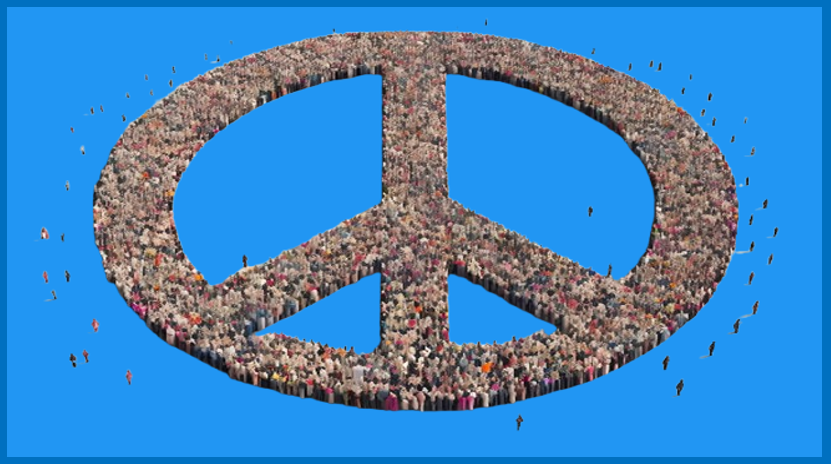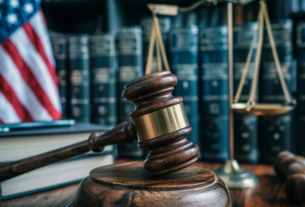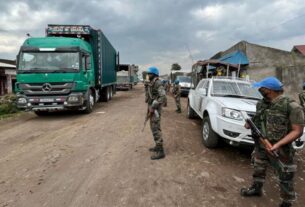On 9 August 2025, Nagasaki commemorated the 80th anniversary of the atomic bombing that claimed approximately 74,000 lives, three days after the attack on Hiroshima. At 11:02 a.m., the exact moment the bomb was dropped by a U.S. aircraft in 1945, the city observed a minute of silence, accompanied by the ringing of a restored cathedral bell—its first chime since the bombing.
Global Participation and Plea for Peace
The ceremony, held at Nagasaki Peace Park, drew representatives from over 100 nations, including Russia and Israel, both absent in previous years due to geopolitical tensions. In his address, Mayor Shiro Suzuki urged an immediate end to armed conflicts, warning of escalating global strife and the existential threat posed by nuclear warfare.
“A crisis capable of threatening the very survival of humanity itself — such as nuclear war — looms over all who inhabit this planet,” Suzuki stated.
Survivors Share Their Stories
With the number of atomic bomb survivors now reduced to 99,130, averaging over 86 years of age, efforts to preserve their testimonies have intensified. Survivors like Fumi Takeshita, 83, and Teruko Yokoyama, also 83, continue to share their experiences with younger generations, emphasizing the urgency of nuclear abolition and peace advocacy.
Yokoyama’s organization has begun digitizing survivor narratives for dissemination via social media platforms, aiming to sustain public awareness as firsthand memories fade.
“We must keep records of the atomic bombing damages and survivors’ lifetime stories,” Yokoyama said, noting the loss of her two sisters to radiation-related illnesses.
A peace forum held the day before the ceremony brought together over 300 young participants, where survivors passed symbolic “seeds of peace” to the next generation.
Japan’s Nuclear Policy Under Scrutiny
Survivors expressed frustration over Japan’s continued reliance on U.S. nuclear deterrence and its refusal to engage with the Treaty on the Prohibition of Nuclear Weapons, even as an observer. Prime Minister Shigeru Ishiba, in his speech, reaffirmed Japan’s commitment to a nuclear-free world but stopped short of referencing the treaty.
The United Nations, through a message delivered by Under-Secretary-General Izumi Nakamitsu, called for stronger global disarmament efforts centered on the Treaty on the Non-Proliferation of Nuclear Weapons (NPT), complemented by the momentum of the nuclear ban treaty.
China declined to send a representative to the ceremony, without providing a reason.
Restoring Memory and Faith
A poignant symbol of the day was the restored bell of the Cathedral of the Immaculate Conception, destroyed in the bombing and rebuilt in 1959. One of its two original bells, restored with support from American donors, rang again for the first time in 80 years, reinforcing the city’s message of remembrance and reconciliation.
“It feels like ancient history, but for those who lived through it, it is as fresh as yesterday,” said Atsuko Higuchi, a local resident.



